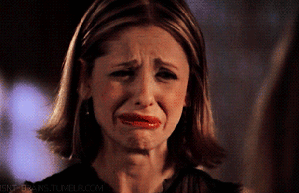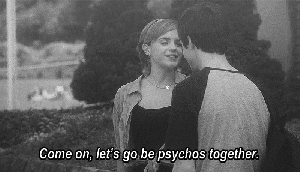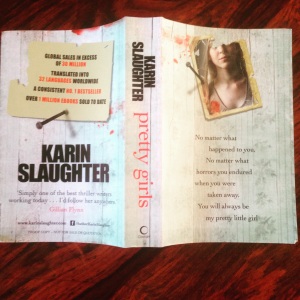From Edgar Allen Poe to Stephen King, Honore De Balzac to Enid Blyton, the introverted Brontes to the quixotic personalities of JK Rowling, Ian Rankin or Neil Gaiman… writers are a weird bunch. It’s something of a trend in amongst the big names and the small names, the full-fledged authors and the still-trying scribblers.
Writers are quite candid about weirdness. Call it egoism (most people do) but we’re happy to acknowledge the quirks that make us quirky. Especially when we’re surrounded by other oddballs who understand a little of what we’re talking about.
1. When we're with other writers, we know they get us
2. They understand the writing process.
"Oh my god, I had the best writing day today. Everything I wrote was just so effortless. Like magic. There was a blank page and then there was thirteen written pages. Nothing else matters. Today was amazing."
3. Also: the right way to commiserate.
"Everything I wrote yesterday is complete horse dung - like seriously, I reread it all today and there's nothing salvable. I can't even explain. It's like having a screaming baby attached to your head whilst you paraglide towards a cliff when you realise your parachute is broken." "I'll bring the gin."
4. Talking about writing instead of writing is nerdtastic.
"If his mother comes from a line of more general magic users, there's no reason he wouldn't be able to work with it. He wouldn't have the same facility with it as a human, but he can do it. It would definitely explain his difficulty in grasping the spell and making it work. And Hermes is known for being clever, so that helps, too. So long as his ability to access that magic isn't a go-to..."

5. Even when we're talking about not-writing instead of writing.
"I spent four hours yesterday writing one sentence. One sentence. And then I deleted it because it didn't even make sense so really I spent four hours writing nothing." "Know how you feel. I'm sitting here with my laptop and those cold unfeeling keys are glowering up at me, mocking me with their pitiless QWERTY know-it-all-ness, telling me I'm never going to write another word again."
6. Plus other writers understand our oddities
"Do you think it's creepy that I spent all day listening in on other people's conversations in Starbucks?" "Nah, I stalked a guy through the tube last week because I wanted to figure out how hard it would be to follow someone home."
7. And that the voices in our head can be really annoying…
“Urgh I’m so tired today, I was awake all night long. I had this ridiculous argument with Laras [insert other fictional character name here] about whether or not he’d kill his father with a gun just to spite him or whether they have an epic showdown on the top of a space hanger. He just wouldn’t let me go to sleep.”
8. Ideas can be equally unhelpful with their timing.
“So frustrating, I have an entire chapter plotted out for this week, but I’ve got this new character in my head and I really want to write down her story now before I forget it.”
9. Other writers get that even literary research can be killer.
“Do you think you could come over next week? I’m thinking my villain kidnaps this girl and I can’t decide whether he uses chloroform or Rohypnol, so I think it’s best if I try them both to figure out which symptoms last longest and stuff. Can you help?”
10. That some can really put you off your food...
“I want to figure out what a decaying body would smell like and I heard sausages left for a couple of days outside can give you a good idea… what do you think would be more authentic: sage and apple, or Cumberland leek?”
11. Which explains why we're all paranoid about Google research…
“I’m really nervous about what people would say if they saw my search history...”
12. Even for those of us writing non-fiction it can still get pretty weird…
“This was my editor today: hey can you sub the sanitary towel story? And what happened to that interview you did with the dominatrix last week? Do you want to run that online today or do you want to put it up with the article on the transsexual mother that’s really a father?”
13. Who else can understand why rejection is so terrifying?
"What if they hate it? What if they hate me? What if no one will ever like my book and the paper it's printed on turns to dust and I've just wasted my life?"
 14. Why negative reviews are so exquisitely painful...
14. Why negative reviews are so exquisitely painful...
"Do you even know what he said about my story? He said it was a nice idea. A Nice idea. Nice is what you call your neighbour's grandmother's Millionaire Shortbread. Nice is what you call a curry with no spices. Nice is sex with someone whose feelings you don't want to hurt but who you're never going to booty call again. Nice is people-pleasing and spineless and boring. Nice is the absolute worst."
15. Or why good reviews are the best thing in the bloody world?
"She called it brilliant! She loved my characters and thinks the narrative voice is super compelling! No, no let me read the review to you again... see this bit here."

16. The highs and lows of editing aren't strange to other writers.
Monday: "I love editing. It's so much fun! I forgot how much I love this story." Wednesday: "I hate editing. I'm killing my darlings. Killing. My. Darlings." Friday: "When will it end?!" Sunday: "Ah editing, thank you for letting me procrastinate from writing."
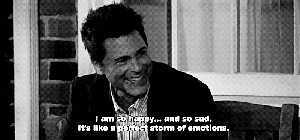 17. Neither is our caffeine addiction
17. Neither is our caffeine addiction
"Tea. Coffee. I don't care. There's too much blood in my caffeine system right now for productivity and it must be rectified."
18. There's no judgement on our need for more books than we could ever finish
"I just loved the first book so much I bought everything ever written by the same writer..."

19. In other words, it's nice to have a kindred spirit
"I know it's ridiculous but this sentence is just so gooooood... One day I'd like to write a phrase as perfect as this." "I know exactly what you mean. Ooo look at this one - imagine how satisfied Dickens must have been when he wrote that."
Je serai poète et toi poésie,
SCRIBBLER

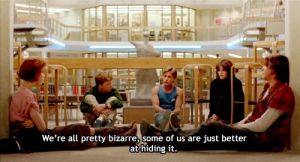
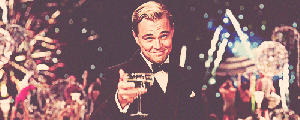
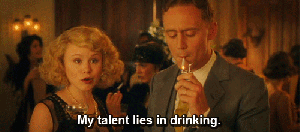
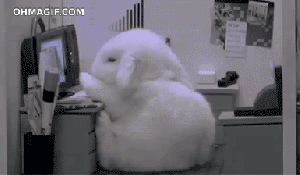

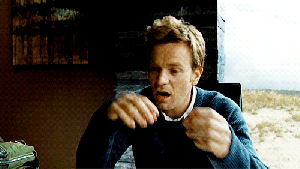
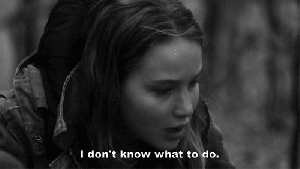
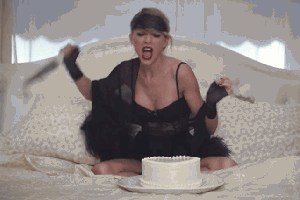
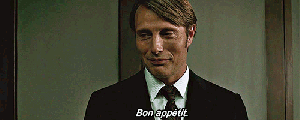

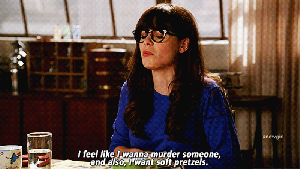
 14. Why negative reviews are so exquisitely painful...
14. Why negative reviews are so exquisitely painful...